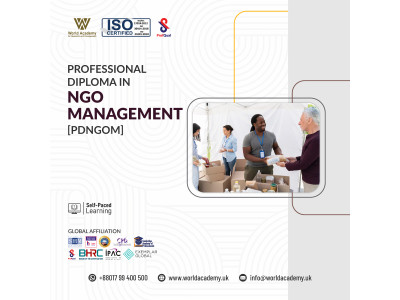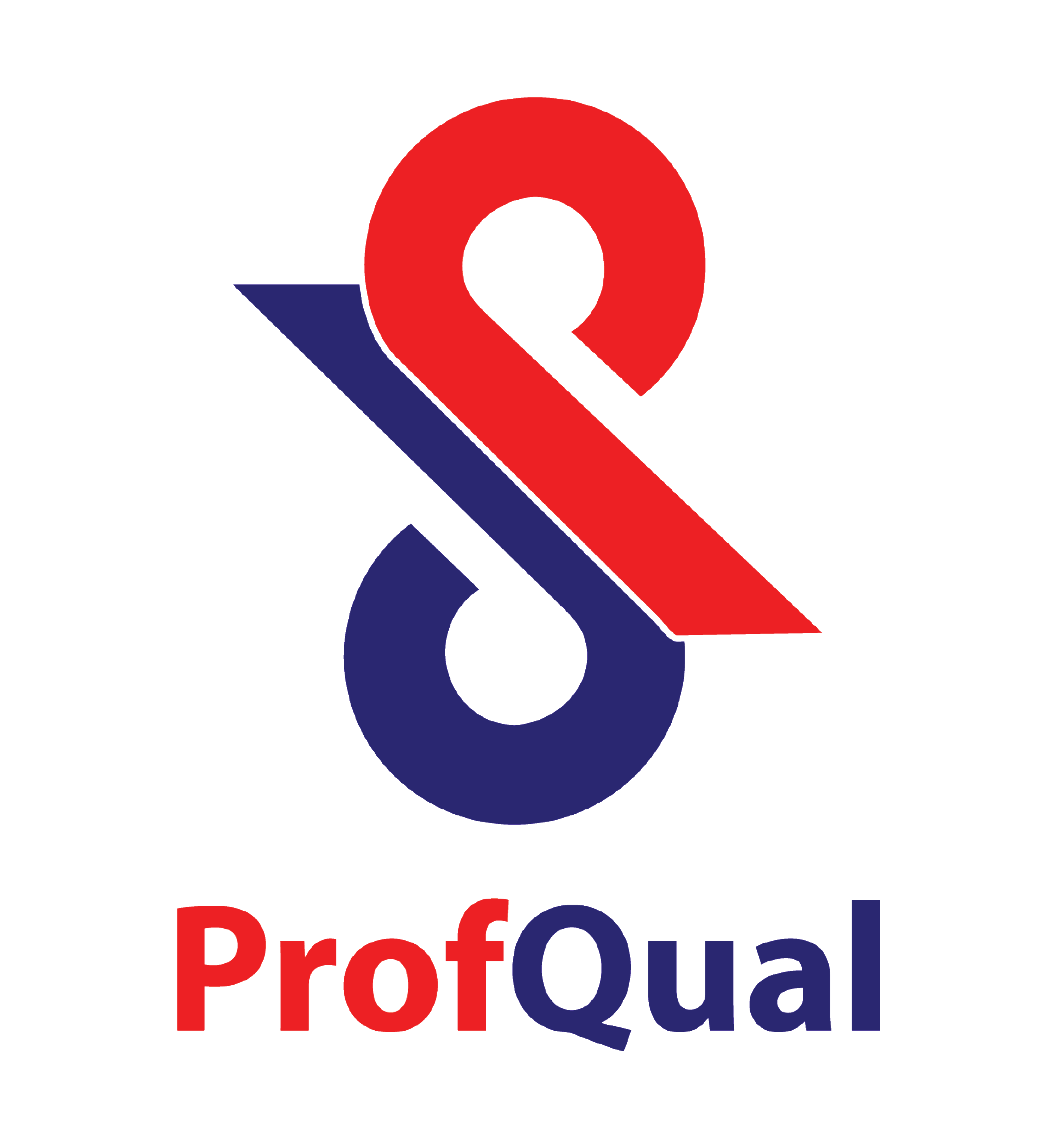
The Professional Diploma in NGO Management equips participants with essential skills and knowledge for effectively leading NGO's. The program prepares professionals to tackle social issues, manage NGO operations, secure funding, and promote sustainable development in diverse communities.
Enroll NowThe Professional Diploma in NGO Management is designed to provide participants with the knowledge and skills needed to manage and lead non-governmental organizations (NGOs) effectively. This course covers essential topics such as NGO governance, operational management, fund management, human rights and gender equality, rural development, primary health care, education for children and adolescents, and disaster and risk management. By focusing on both theoretical foundations and practical applications, this program aims to prepare professionals to address social issues, manage NGO operations, secure funding, and promote sustainable development in diverse communities.
Objectives:
Units & Modules:
U-1: Introduction to NGO Management
M-1: Basic About NGO
M-2: Office Procedure and Documentation Structure
M-3: NGO Accountability and Good Governance
M-4: Funding of Activities for NGO
U-2: NGO Operation Management
M-5: NGO Management; Understanding NGOs
M-6: NGO Management Building Sustainability
M-7: Mission, Vision & Values The Heart of Your NGO
M-8: NGO Business Models Strategies for the Digital Age
U-3: Fund Management for NGO
M-9: Proposal Writing for Fund
M-10: Financial Management for Non-Profit Organizations
M-11: Seeking Donor Support
M-12: Principles of Financial Management and Disbursement
U-4: Human Rights, Gender Equality And Its Issues
M-13: Human Rights and Gender Issues
M-14: Gender, Health And Human Rights
M-15: Gender Issues And International Law
M-16: Human Rights And Gender Sensitization
U-5: Rural Development
M-17: Rural Development Theories & Concepts
M-18: Rural Social Issues
M-19: Rural Infrastructure Development
M-20: Rural Health And Education
U-6: Primary Health Care Management
M-21: Introduction to Primary Health Care
M-22: Cultural Diversity in Health Care
M-23: Interprofessional Health Care Teams
M-24: Quality Improvement in Healthcare
U-7: Education for Child and Adolescent
M-25: Child and Adolescent Development
M-26: Motivation and Classroom Management
M-27: Cognitive Development and Learning
M-28: Social Emotional Development in Education
U-8: Disaster and Risk Management
M-29: Disaster Management An Overview
M-30: Man-made Disasters
M-31: Natural Disasters
M-32: Disaster Management Cycle

Features:
Duration: 6 Months
Modules: 32
Short Video Materials: Yes
Mode of Learning: Self-Paced
Post Completion:
Exam Method:
Number of Exams: 08 (Each unit has One Exam)
Assignment:
| Effort | 6 Months |
| Live Chat | Enabled |
| Regular Fee | $ 420.00 |
| Special Fee | $ 320.00 |
Chat with us on WhatsApp